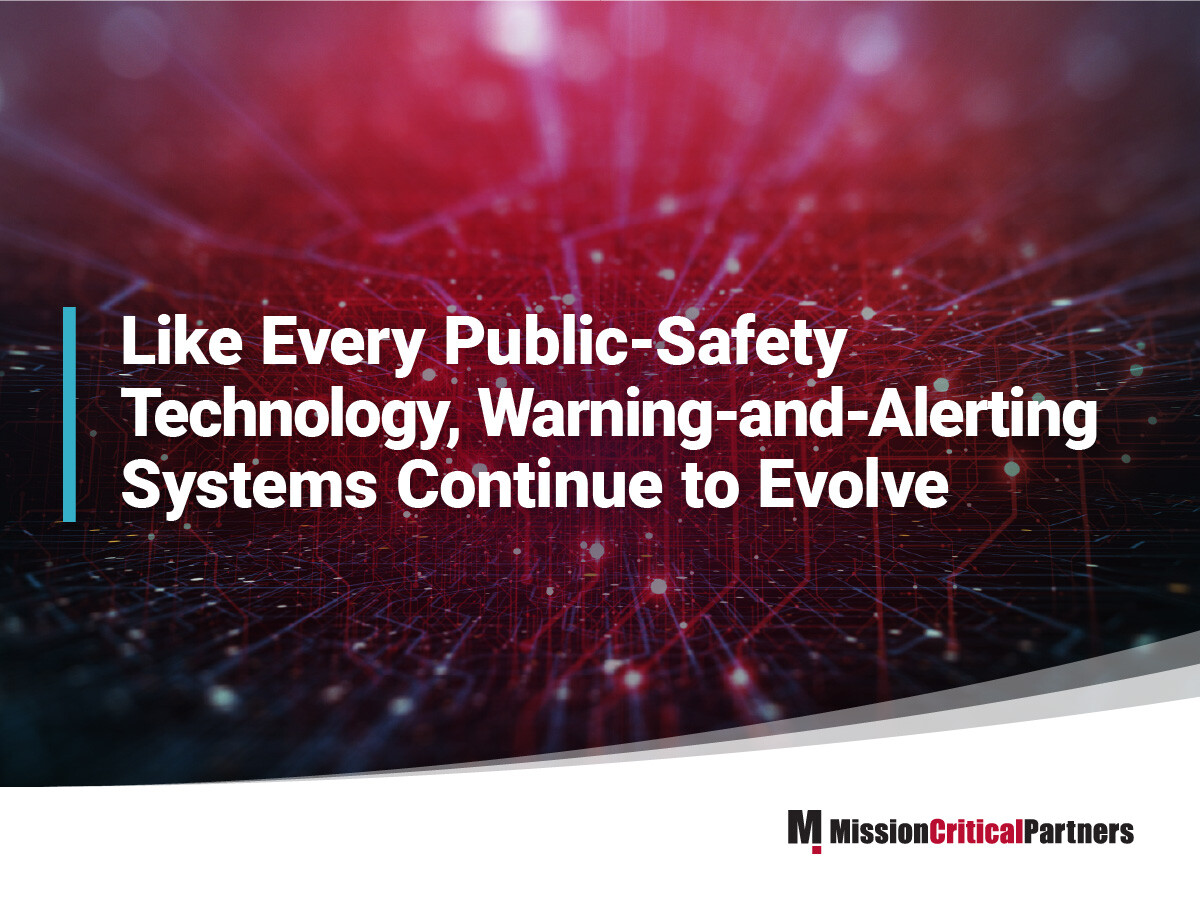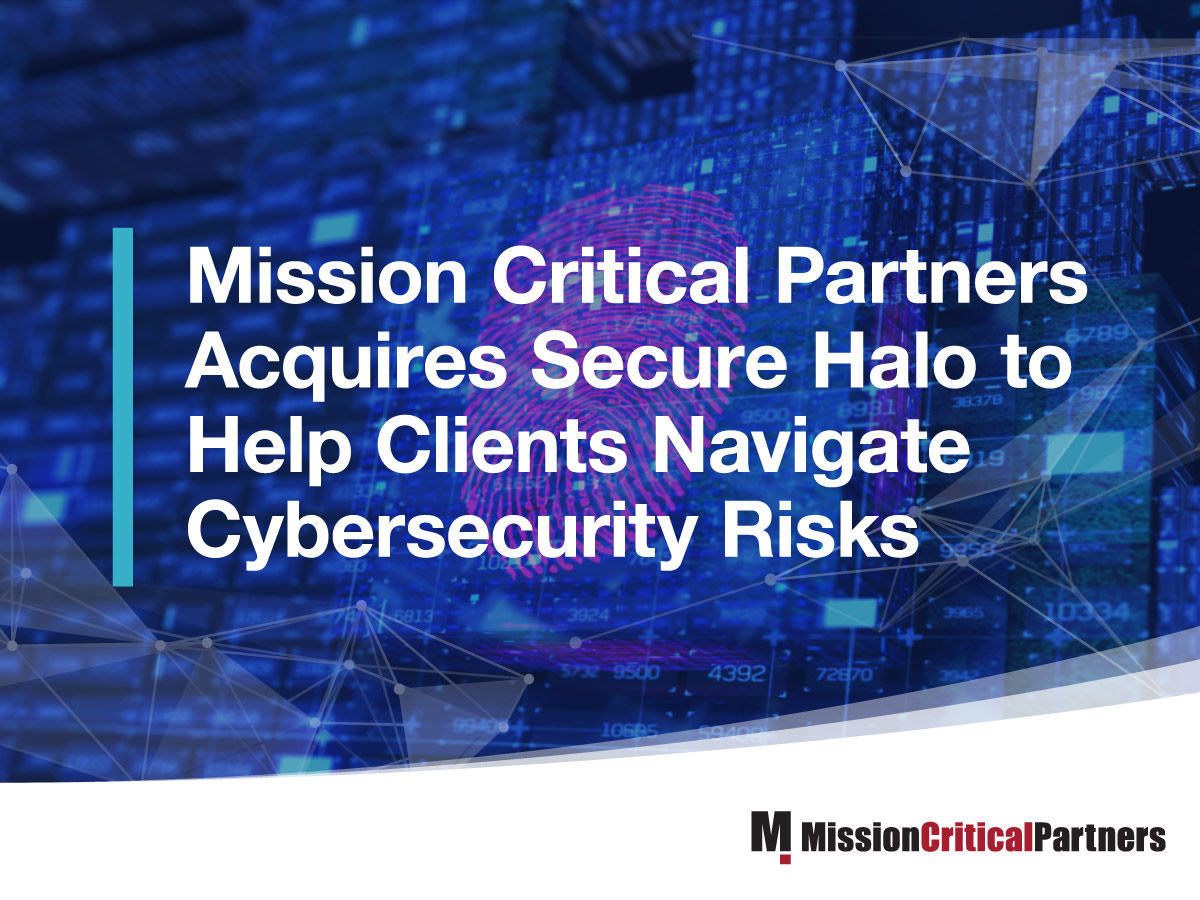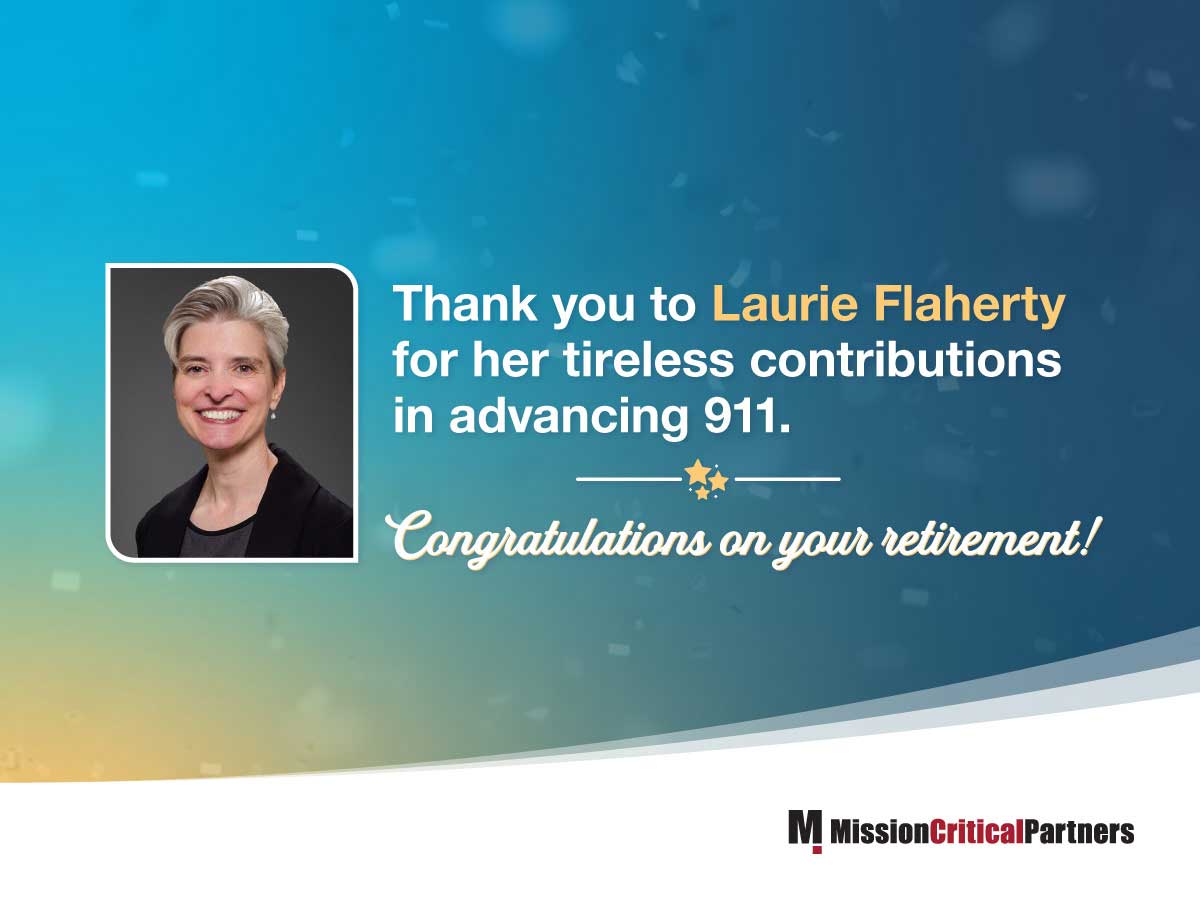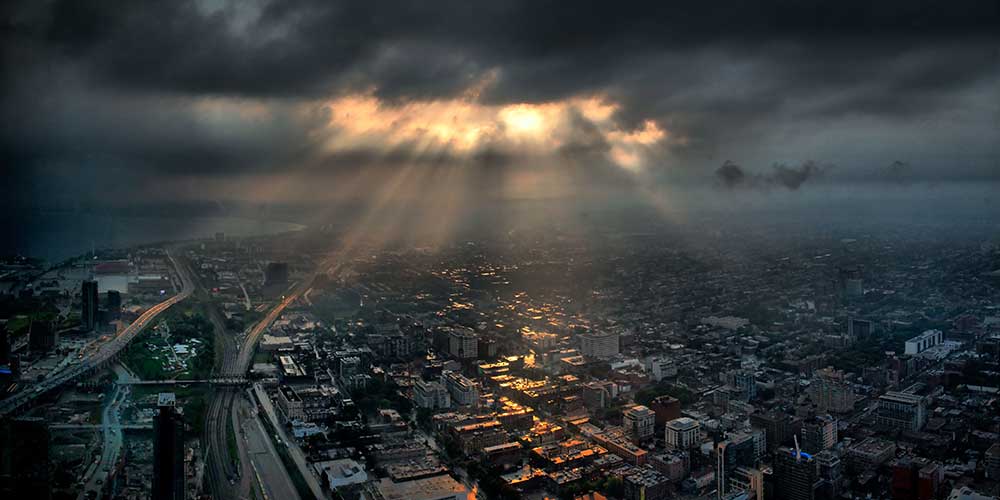More and more public-safety agencies are beginning to understand the importance of continuity-of-operations (COOP) planning, which includes disaster recovery—this element focuses specifically on the agency’s information technology (IT) assets—and crisis communications, both to internal and external stakeholders.
When developing COOP plans, agencies tend to think solely about events that are likely to occur that could have a profound effect on their operations. These typically include weather events such as hurricanes, floods and tornados. Also on the list are natural disasters, such as wildfires and earthquakes, and human-induced catastrophes like hazardous-material spills and, increasingly, cyberattacks.







